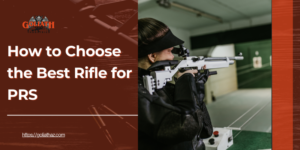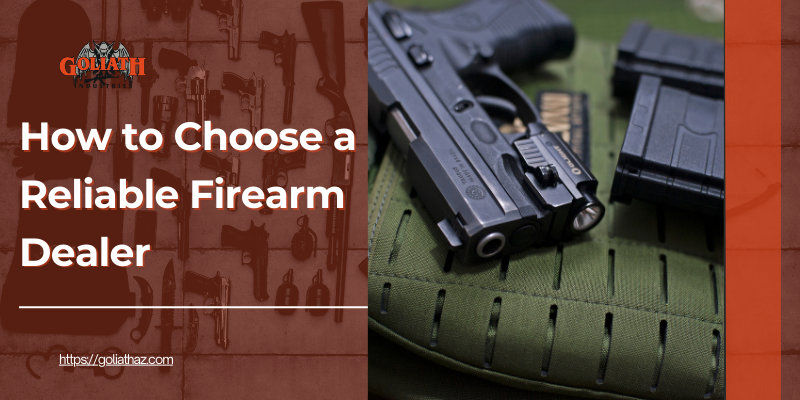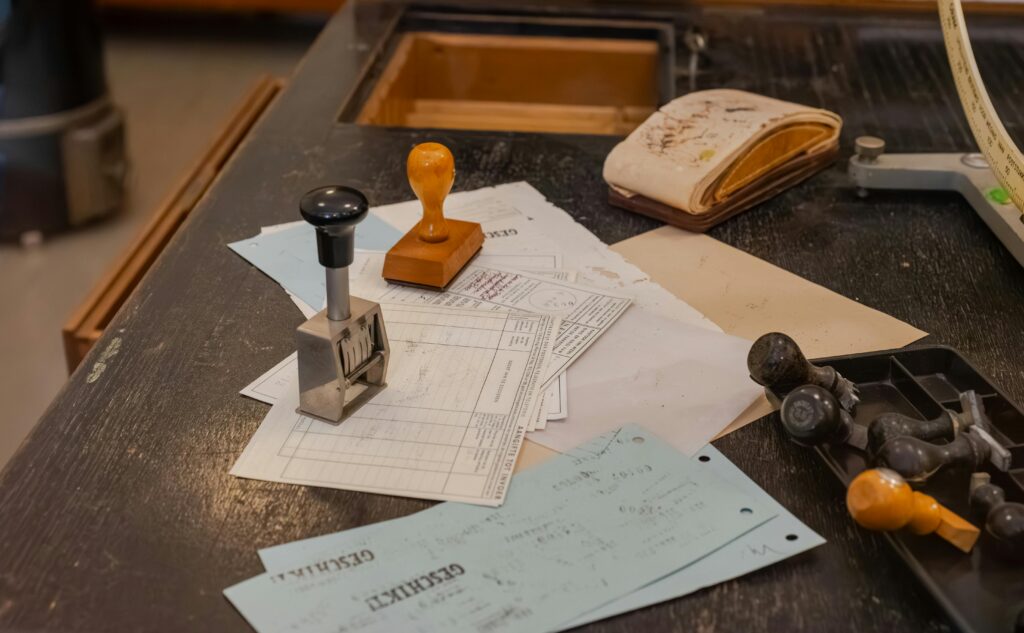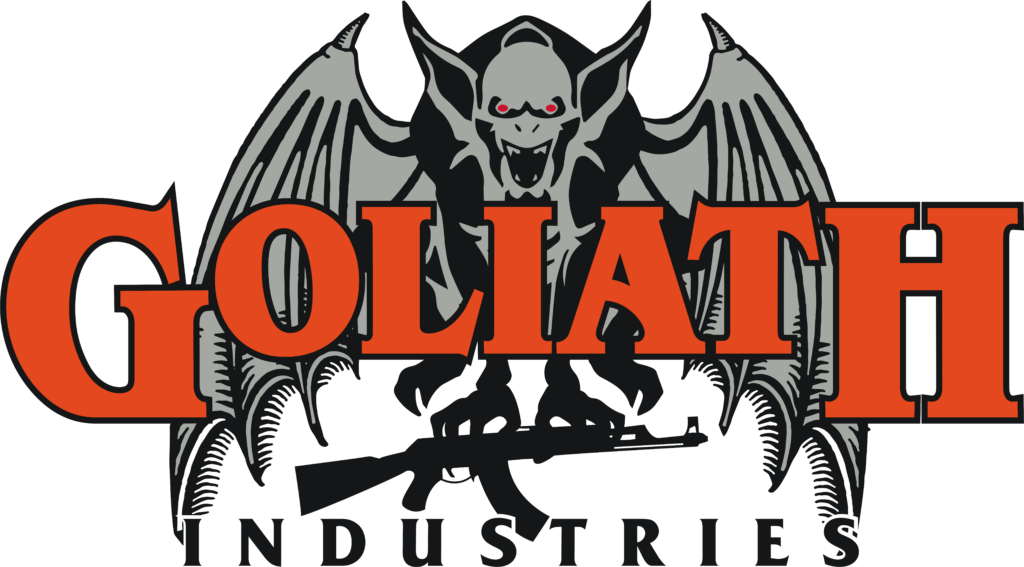
Precision Rifle Series: How to Choose the Best Rifle for PRS
Diving into PRS? Stop! The most effective action you can take is to stop examining all the choices and viewpoints and simply attend a match.

Purchasing a firearm is a significant decision, requiring careful thought and research. Selecting a reliable firearm dealer is just as important as choosing the right firearm. A trustworthy dealer ensures compliance with legal requirements, offers high-quality products, provides excellent customer service, and helps you make informed choices. Here’s an in-depth guide to help you choose a reliable firearm dealer.
Verify that the firearm dealer has a valid Federal Firearms License (FFL), issued by the Bureau of Alcohol, Tobacco, Firearms, and Explosives (ATF) in the United States. This license ensures the dealer is legally authorized to sell firearms and adhere to federal regulations. You can request to see their FFL or confirm it through the ATF’s online database.
Many states and municipalities impose additional licensing requirements for firearm dealers. For instance, if you’re purchasing in Arizona, familiarize yourself with Arizona gun laws to ensure the dealer complies with state-specific regulations. These laws may govern aspects like background checks and the types of firearms available for sale.
Some dealers participate in industry-recognized certification programs that emphasize ethical practices and customer service. Check for affiliations with organizations like the National Shooting Sports Foundation (NSSF).
Check platforms like Google Reviews, Yelp, or firearms forums for customer reviews. Look for patterns of positive feedback about their professionalism, product quality, and customer support. Be cautious if you notice consistent complaints about shady practices or poor service.
Speak with friends, family members, or members of local shooting ranges or gun clubs. First-hand experiences can provide valuable insights into a dealer’s trustworthiness and expertise.
Dealers with awards or recognitions from trusted organizations in the firearms community are often reputable.
A reputable firearm dealer should stock a wide range of firearms, including pistols, rifles, shotguns, and specialty models. This variety ensures you can compare options and find a firearm suited to your purpose, whether it’s for personal defense, hunting, sport shooting, or collection.

Ensure the dealer is an authorized seller for major firearm brands. This guarantees the authenticity of the products and provides access to manufacturer warranties.
Look for firearm dealers offering accessories like ammunition, scopes, grips, and holsters. If you’re exploring firearms & guns for sale online, check that the dealer’s website features a comprehensive inventory and provides secure shipping through licensed FFL holders.
A good firearm dealer employs staff who are well-versed in firearms and can guide you in selecting the right model based on your needs and skill level. They should also educate you about safety features, maintenance, and legal responsibilities.
Top-tier dealers often provide ongoing support, such as assisting with warranty claims, firearm maintenance, and troubleshooting. Some even offer free or discounted services for loyal customers.
Trustworthy dealers are upfront about costs, policies, and procedures. They should clearly explain all terms, including return policies and transfer fees.
A reliable dealer strictly adheres to federal and state regulations by conducting thorough background checks on buyers. If a dealer seems willing to bypass this step, it’s a major red flag.
Federal law mandates that dealers maintain accurate records of firearm sales. These records are crucial for tracing firearms in the event of criminal investigations and demonstrate the dealer’s commitment to legal compliance.
While firearms can be expensive, prices significantly lower than market averages might indicate counterfeit or low-quality products. Reputable dealers provide fair, competitive pricing without compromising quality.
Some dealers offer flexible payment options, such as layaway plans or financing. These can make purchasing a high-quality firearm more accessible, especially for first-time buyers.
Check if the dealer offers value-added bundles that include essential accessories, such as ammunition, cleaning kits, or safety gear.
Local dealers offer the advantage of in-person interactions, hands-on inspections, and immediate support. However, online dealers provide broader inventory and competitive prices. When considering firearms & guns for sale online, verify the website’s reputation and ensure it offers secure transactions and shipping to a nearby FFL holder.
If you anticipate needing regular services like maintenance or customization, choosing a local dealer might be more convenient.
Some dealers partner with certified instructors to provide firearms training and safety courses. This is especially beneficial for first-time buyers who need guidance on proper handling and usage.
Reputable dealers emphasize firearm safety by offering informational brochures, videos, or classes. They often advocate safe storage solutions, such as gun safes or trigger locks.
Dealers involved in local shooting events, firearm expos, or community safety programs often have strong ties to the community and a commitment to promoting responsible firearm ownership.
Some dealers actively support Second Amendment rights by contributing to advocacy groups or providing educational outreach.
Choosing a reliable firearm dealer requires careful evaluation of licensing, reputation, inventory, and customer service. Take the time to compare options, ask questions, and research thoroughly. Remember, a trustworthy dealer does more than sell firearms—they act as a resource for education, safety, and ongoing support.
By following these guidelines, you can ensure a safe, legal, and satisfying purchase experience. As always, prioritize safety and responsible ownership.

Diving into PRS? Stop! The most effective action you can take is to stop examining all the choices and viewpoints and simply attend a match.

Hunting rifles do not have to maintain the same setup as they have for the past century. The firearms market has exploded with aftermarket modifications,
